Sep 27, 2023
Who Are The Best People for Great Diligence ?
Culture & People
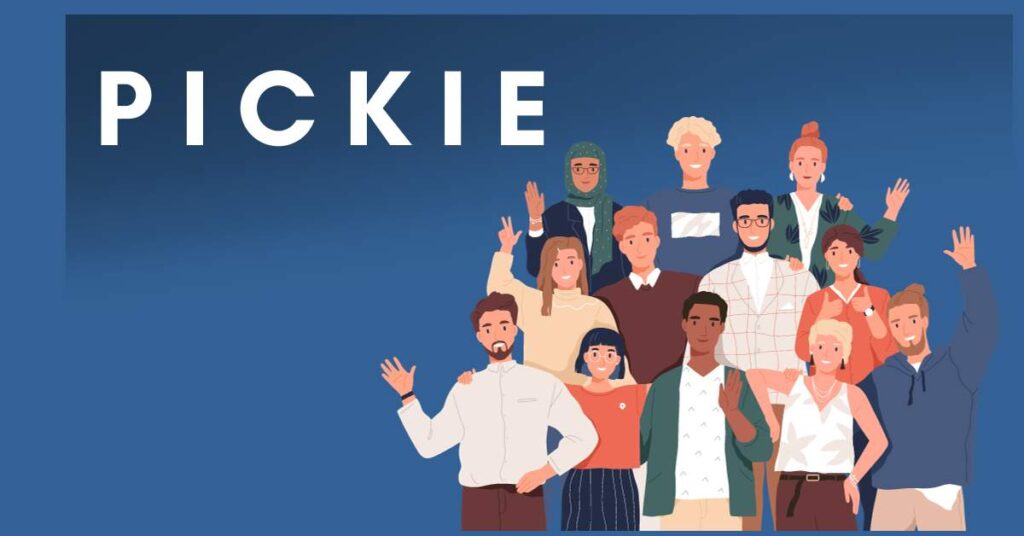
The best people for great diligence are PICKIE people. PICKIE is an acronym for behaviors and traits that allow you to transform diligence from good to great. Learn more about how PICKIE people will transform your diligence.
The Team
You are have an assignment – you are in charge of building a super diligence team to handle the most difficult diligence assignments. Think compliance with anti-money laundering, foreign asset control, anti-bribery compliance or perhaps internal diligence for the purpose of monitoring global adherence to ethics and mission.
Your new team will handle these difficult diligence assignments and function as a strike force stepping in assist other teams and jump start stalled projects. Your team will also identify effective diligence strategies and processes and train as needed. You can choose anyone.
Who do you choose?
What characteristics matter?
Can you teach these attributes ?
If this were my assignment, I would assemble a team of PICKIE people.
PICKIE, is shorthand for: Persistent, Interested, Critical, Knowledgeable, Innovative, Energetic. The idea isn’t to find people that have all these characteristics but instead to assemble a group or team that as a whole embodies all these characteristics. You are building a team with a diligence capacity that is greater than any one person.
PICKIE People Team
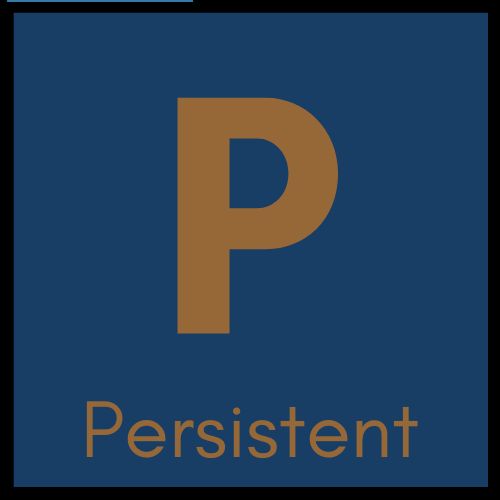
Purposeful, determined when faced with obstacles, discouragement or opposition
I worked with some great diligence and diligent professionals. They were able to politely but firmly seek information, ask questions and follow up on open items. If they had to email and call you every day to get something done they did it. No stone was left unturned. They were polite but firm, they asked questions, they didn’t take short cuts and they weren’t distractible.
These persistent people were passionate advocates on behalf of their cause, project and goals. Diligence projects can be a maze of issues, loose ends and contradictions. Persistent, consistent action is often needed to overcome obstacles, disappointment, and resistance.
Persistent action helps overcome challenges and lead to diligence success.

Focused, involved, attentive, connected, absorbed in the pursuit of a goal
Diligence benefits from attention to detail and interest is what allows people to focus on the details.
Consider your mindset, actions and the results when you are interested in something. You direct your attention to it, you find the time to do the work, you “attack” it pushing past obstacles; you look for solutions.
Unless you are recruiting for a subject matter expert, the interest level is an interest in the processes that makes diligence successful, especially research and analysis. Interested people are adept and learning what they need.
Interest is the fuel pushing people to keep going through confusion, boredom and tedium, it provides the focus needed to complete the tasks.
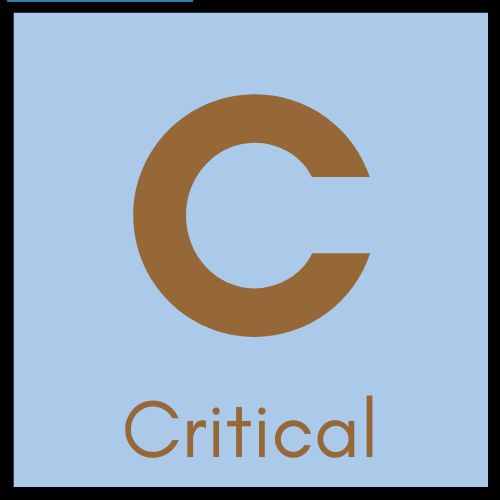
Analytic, reasoned, thinking used for issues spotting and problem solving
Every diligence project needs critical thinking. Each team member should be a critical thinker, it is especially necessary now that it is becoming harder to discern the real from the fake and fact from fiction.
Critical thinking means the ability to see not just what is obvious but what may be hidden and to ask questions. Why is it this way, what does this mean, what is missing? These are the questions of a critical thinker. Critical thinkers find, refine and abstract knowledge by examining, investing and probing and they use that knowledge not to block or delay but to problem solve.
Critical thinking is required for achieving clarity and the perspective that allows for conclusions and solutions.

Informed, intellectually curious, open minded, ready to learn, ready to share
People who are knowledgeable don’t know everything instead they are open to learning.
The amount of information that is available, the volume of information that is being created every day, the speed of innovation, invention, creation is so enormous that no one can know everything that is relevant to a diligence topic or specific project.
It is more important to recognize what they don’t know and have the curiosity and drive to find what they need. Knowledgeable people understand the obligation to keep an open mind and the value of evidence. Knowledgeable people share. Share what they know, what they find and share if they don’t know something.
Diligence is only possible if people are open to learning; the process of diligence is a process of acquiring knowledge.
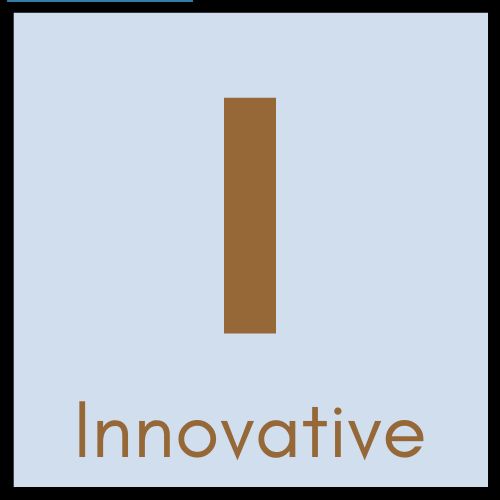
Creative, imaginative, unconventional, collaborative
Innovative thinking is a diligence advantage.
The ability to think creatively, see a problem a different way, pursue a novel approach, provide a new perspective is crucial for the future.
Nothing stays the same, good or bad, and diligence is not an exception. You anticipate change by including innovative people on the team. Not everyone is going to bring the same level of creativity and imagination to the team, but that is fine because if encouraged, creativity can be contagious.
Innovative thinking, technology, strategy, process and education is what differentiates good diligence from great diligence.
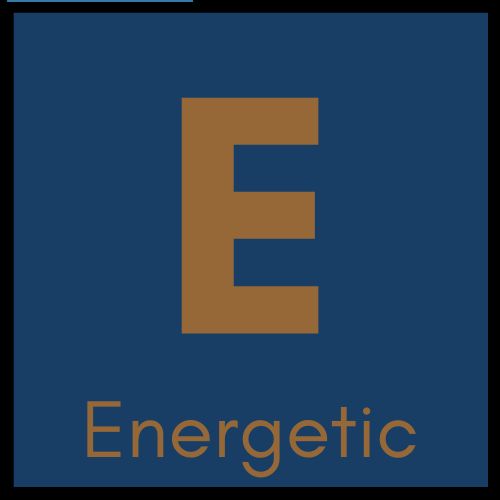
Enthusiastic, lively, willing, excited for new challenges
Diligence takes energy. Energy of thought and action. You can’t persevere, think critically or innovate if you don’t have the energy and enthusiasm to do so. Mindset counts.
If you are unsure of this concept think of an example where you did something energetically versus something you did in an indifferent or lazy way. Was the quality the same, the effort, was the outcome the same? Energy doesn’t guarantee success but it does sustain motivation and forward motion.
Energetic thought and action is contagious so encourage and nurture the energetic mindset of your people.
What If ?
What if you don’t have these types of people on your team, what if you are not in a position to hire? What do you do?
You begin a process of transformation with the people that you already have on your team. How? By using:
- Education
- Encouragement
- Reward
- Example
- Mentorship
The Summary
Here it is all put together, this is the PICKIE Team.



Subscribe for Diligence Updates
Get the latest updates, resources, offers, and more.
"*" indicates required fields
The Diligence File respects your privacy. Privacy Policy